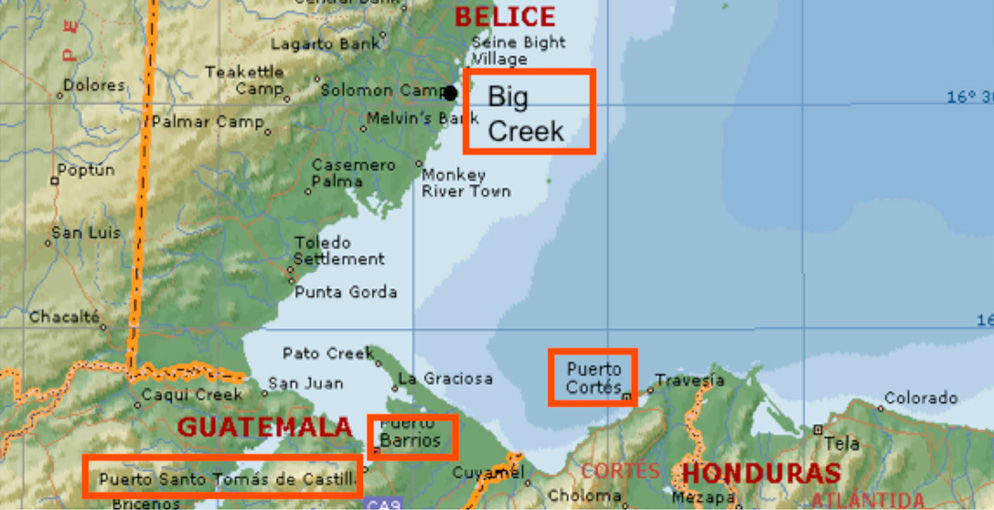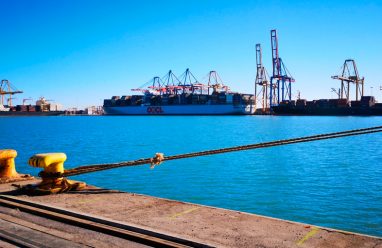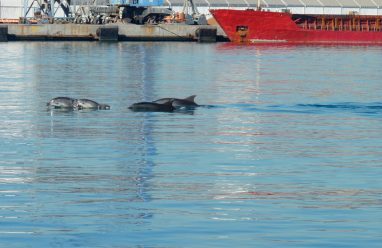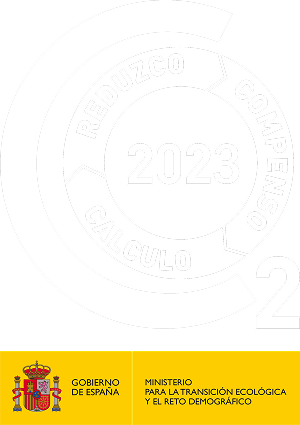The Gulf of Honduras, which is delimited by Belize, Guatemala and Honduras and covers about 10,000 km2, is an area of great environmental value. The shallow waters of the gulf are home to an abundance of species, as well as highly productive marine ecosystems, such as coral reefs, seagrasses and mangroves. On the other hand, this maritime area is of major importance in terms of regional trade, with the economy of the coastal zone based primarily on commercial and small-scale fisheries and agricultural production.
The overall objective of the consultancy was to improve the environmental management in the regional network of five ports within the Gulf of Honduras. Achieving this aim involved an assessment of the environmental risks, the preparation of investment plans, and the identification, design and oversight of pilot projects. The activities covered by this technical cooperation focused on preventing environmental risks associated with routine port operations as well as emergencies in the five selected ports of interest: Belize City and Big Creek (Belize), Puerto Barrios and Santo Tomás de Castilla (Guatemala) and Puerto Cortés (Honduras).
As part of the project, investment plans were formulated for the environmental management of each of the five ports under analysis, including the design of pilot projects for these ports.





